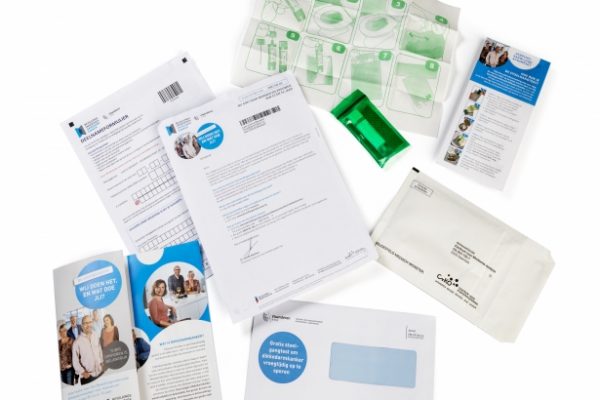
Remdesivir, an antiviral medicine that was originally intended to treat ebola patients, may well be the first medicine against COVID-19 that receives an official nod of approval from the European Medicine Authority EMA. According to trials, the drug, that is produced and marketed by Gilead by the name of Veklury®, reduces hospitalization time of severe COVID-19 patients by 31%.
The pending European approval follows a fast-tracking procedure that the EMA employs during public health emergencies, to assess data as they become available. The recommendation is largely based on data from study NIAID-ACTT-11, sponsored by the US National Institute of Allergy and Infectious Diseases (NIAID), plus supporting data from other studies on remdesivir. In the NIAID-study, over 1,000 hospitalized COVID-19 patients were examined. Main outcome was the patient’s time to recovery after a 10-day course of remdesivir, defined as no longer being hospitalised and/or requiring home oxygen, or being hospitalised but not requiring supplemental oxygen and no longer requiring ongoing medical care.
Overall, the study showed that patients treated with remdesivir recovered after about 11 days, compared with 15 days for patients given placebo. This effect was not observed in patients with mild to moderate disease: time to recovery was 5 days for both the remdesivir group and the placebo group. For patients with severe disease, who constituted approximately 90% of the study population, time to recovery was 12 days in the remdesivir group and 18 days in the placebo group.
However, no difference was seen in time to recovery in patients who started remdesivir when they were already on mechanical ventilation.
When remdesivir does get definite approval, as expected, it means that the drug will be available throught the EU. This does pose questions about the availability of the drug, that has also already been approved for North America. Gilead has already enlisted the help of several manufacturers to ensure worldwide availabilty of remdesivir.
Meanwhile, Gilead is also setting up new trials with remdesivir. One of these aims to establish whether efficacy is the same when patients receive the drug for just five instead of ten days, effectively doubling the number of patienst that can be treated. Another explores the possibilty of administering remdesivir as an aerosol.
More information